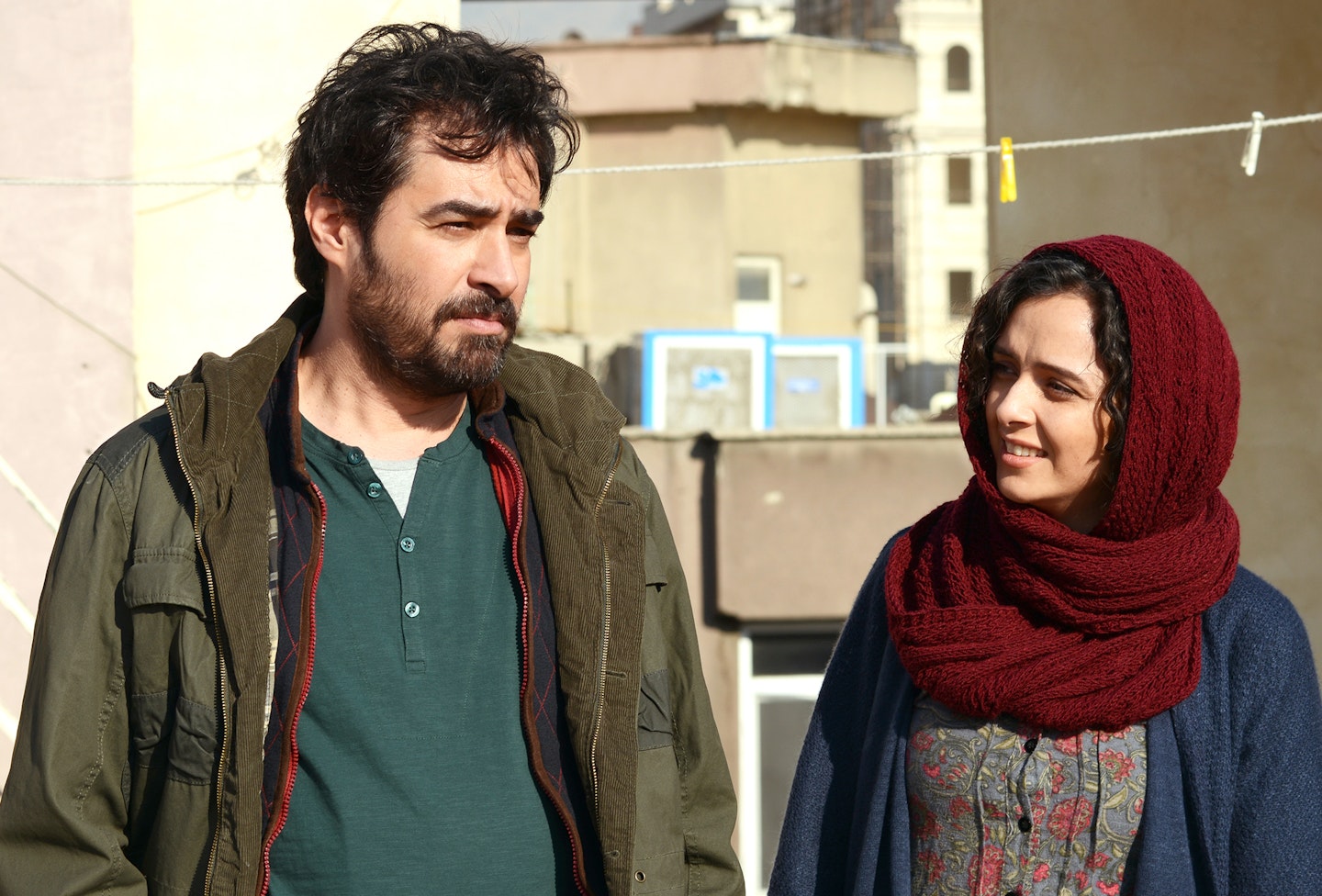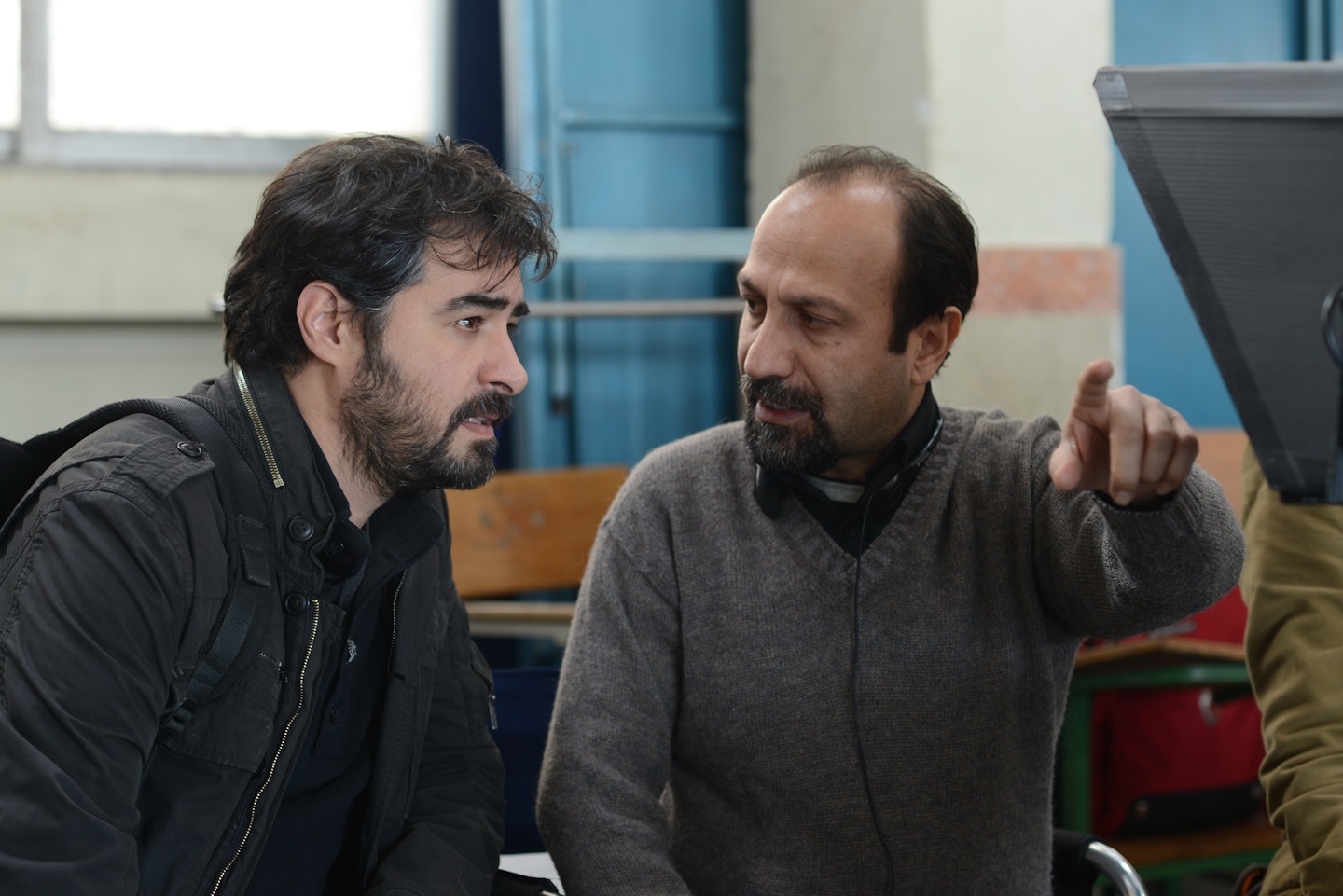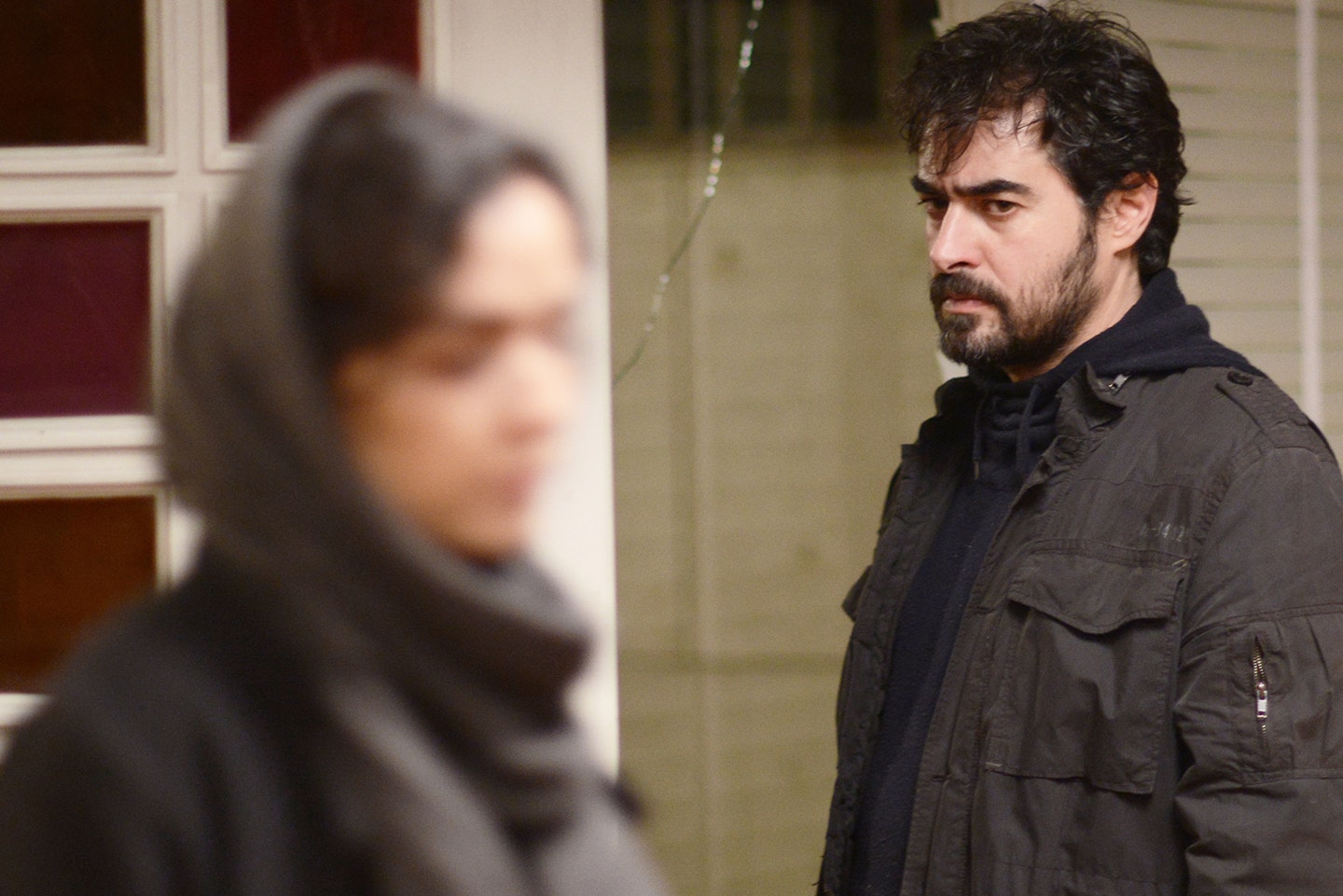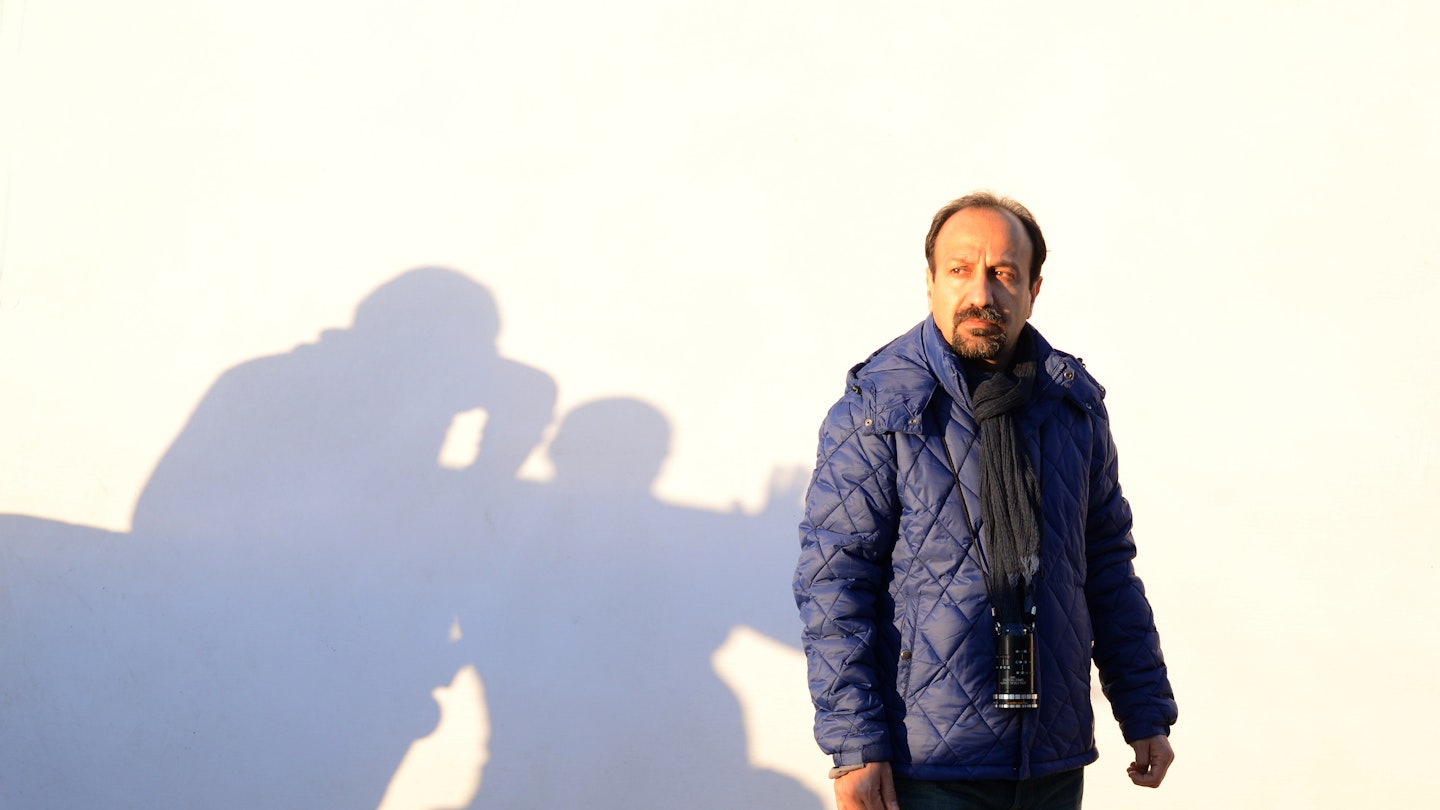Rich, humane and unafraid to tackle life in his native Iran head-on, A Separation was Asghar Farhadi’s first intro to the LA limelight when he collected the Best Foreign Film Oscar for it in 2012. Thanks to Donald Trump’s well-documented travel ban, it looked like he would be unable to repeat the trick this year. His new film, The Salesman, has also been nominated, but Farhadi will be staying home. It tells the story of a couple’s (Taraneh Alidoosti and Shahab Hosseini) fraying relationship during the course of a production of Arthur Miller’s Death Of A Salesman. Empire spoke to him about its inspirations and influences, and what those Oscar nods means to him.
How did you come up with the idea for the film?
While I've had the story in my mind for years, it had never felt complete enough to make into a film. But as soon as I realised that the characters would be theatre actors, the missing element was there. It allowed me to touch on something that was interesting: being an actor makes you able to put yourself in other people's shoes and make the audience feel empathy for the characters. As an actor, the main character (Hosseini’s Emad) is supposed to feel this empathy, but he’s confronted with this man he struggles to feel empathy for.

So you were looking to explore ideas of empathy versus revenge?
Empathy is a common subject to all my films, but there are side issues and it’s according to viewers’ preoccupations and interests that they notice them, some more than others. Some people may identify this theme as revenge; some others may think we are dealing with privacy; and some others may feel it is about contempt and humiliation. Arthur Miller’s Death Of A Salesman was like a mirror to the story I had written.
Why revolve the story around Death Of A Salesman in particular?
I thought I’d have one play at the heart of the film, so I started re-examining all the plays I’d read in my life. When I came across Death Of A Salesman, I was realised it was like a mirror to the story I had written. And there were some complementary themes that were very striking, such as the theme of humiliation. In [Arthur] Miller's play we see a character crushed by the humiliation he feels from society. In my story we discover a man who is going to be in a similar situation. I feel that the man who enters the house at the end of the film is nothing but an Iranian version of (Death Of A Salesman’s protagonist) Willy Loman. The relationship he has with his wife is very similar to Willy's relationship with Linda.

Do you like to rehearse with your actors?
Because I was trained in theatre, we do a lot of rehearsals, but it all depends on the kind of film and the kind of actors. For instance, with The Salesman, we had a really intense three-month rehearsal process for [Hosseini] to really get to know the character. But it depends. The kind of work I did with him is not even working with the other actors, it’s only working with him and not on specific scenes of the film.
What made you switch from theatre to film in the first place?
I love theatre so much and I felt so at home there that I never thought I would switch to cinema, then stay in cinema. I started in theatre at university and then I started working. Then I was invited to write radio plays. Because these were very successful, I started writing TV serials. It's from there that film producers would come to me and say my stories were very appropriate for cinema. So I was really taken into this industry.
I loved theatre so much, I never thought I’d switch to cinema and stay there.
Who are your major filmmaking influences?
Even before going into theatre, I started shooting short films as a schoolboy. So at different periods in my life I had a strong interest in film and I would watch a lot of films. It was different periods of my own growth. At certain times, it was Italian neorealism. I was very much impressed by [Vittorio] De Sica or Federico Fellini's work and I felt that was the cinema I could relate to and understand. Later in my life, a real discovery was Japanese cinema. I was very fond of Kurosawa's Rashomon or Ozu’s Tokyo Story. One figure that meant a lot to me, even as a child was Charlie Chaplin. I liked his work a lot.
What do you love about Chaplin?
His solitude and his melancholy. Although it was meant to be funny — and we did laugh — his melancholy was something that I always kept with me.
Cinema is not about winning and losing. I shouldn't let this kind of competition interfere with my own way of making films.
What’s your reaction to this Oscar nomination?
Well, I'm happy. It’s a true feeling of joy, of course, to have a third nomination because I had two with A Separation, but at the same time I have paradoxical feelings. Cinema is not about winning and losing. I haven't won anything because I'm nominated, and those who were not nominated haven't lost anything. So I shouldn't let this kind of competition or reaction to cinema interfere with my own way of making films.
What did winning the Oscar for A Separation mean to you?
It didn't change anything in my own life, either personally or professionally, but it did change my relationship with the audiences. I felt I had a much larger audience both in Iran and abroad. I had more people watching my films.

Your next project is a Spanish-language film. What can you say about it?
It's a Franco/Spanish production and I am working on the script right now. I hope to finish it in time to start working there from the summer on. I can't say much before I start shooting it.
Are you shooting in Spain to avoid the censorship issues you have in Iran?
I never decide where to film before [writing]. It is the story that comes to me in some place or other, and this story happens to take place in Spain
And you’re working with Penelope Cruz and Javier Bardem…
I am very much looking forward to it because they are both excellent actors and very sweet human beings, so I know that we'll have a great time working together.
The Salesman is in cinemas from 17 March
